US approves $1bn weapons sale to Qatar during World Cup match in Doha
While many around the world were watching the key World Cup 2022 match in Doha between Iran and the United States on Tuesday night, the administration of President Joe Biden approved $1 billion arms sale to the tournament’s host country, Qatar.
The massive potential arms sale to Qatar was announced during halftime of the match on Tuesday night.
The US State Department said in a statement it had signed off on Qatar’s purchase of 10 defensive drone systems, 200 interceptors and related equipment just as the second half of the US-Iran game began. The department said the sale would “support the foreign policy and national security objectives of the US by helping to improve the security of a friendly country that continues to be an important force for political stability and economic progress in the Middle East.”
It will “improve Qatar’s capability to meet current and future threats by providing electronic and kinetic defeat capabilities against Unmanned Aircraft Systems. Qatar will have no difficulty absorbing these articles and/or services into its armed forces,” the department said.
Additionally, five US government officials and 15 contractor representatives will be assigned to Qatar for five years to support the implementation of the purchased military equipment.
The United States recently approved massive arms sales to Saudi Arabia and the United Arab Emirates (UAE) worth more than $5 billion.
Also in February, the US State Department approved Washington’s latest raft of proposed weapons sales to West Asia, with Saudi Arabia, Jordan and the UAE approved for deals.
Since the beginning of the Saudi-led war in 2015, the use of US weapons by the Saudi-led coalition in airstrikes on civilian targets in Yemen has been well documented.
As a presidential candidate, Biden had vowed to make the Saudi kingdom a “pariah” on the global stage over the war in Yemen as well as the 2018 murder of Washington Post journalist and political dissident Jamal Khashoggi. Soon after taking office, Biden appeared to be delivering on the promise, when he declared in February 2021 a halt to US support for the Saudi military operations in Yemen, including “relevant arms sales.”
His administration also released US intelligence findings that concluded Crown Prince Mohammed bin Salman personally approved the operation targeting and murdering of Khashoggi.
Biden, however, has softened his approach in recent months, moving to improve US relations with Saudi Arabia in the hope of getting the world's top oil exporter to increase oil production in order to offset loss of Russian supplies to the global market and drive down gasoline prices at home.
In 2019, the administration of then President Donald Trump invoked a provision of the 1976 Arms Export Control Act – which allows a president to bypass Congress if they believe a sale is a necessity for national security – to sell eight billion dollars’ worth of precision-guided missiles and warplanes to Saudi Arabia.
Countries in West Asia accounted for nearly half of all US arms exports between 2016 and 2020, according to an analysis by the Stockholm International Peace Research Institute. The region was the fastest growing overall importer of arms during the period.
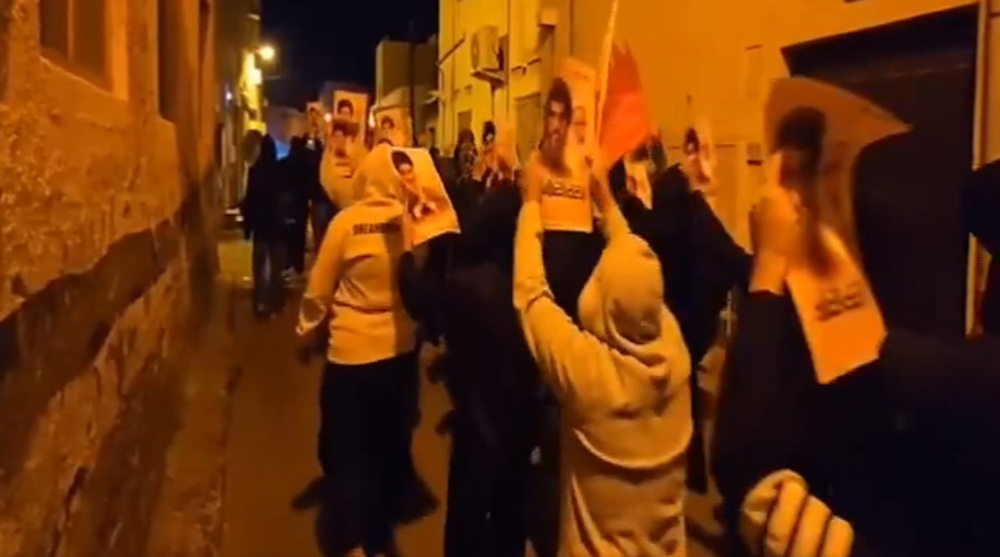
Bahraini mourners hold symbolic funeral procession for late Hezbollah leader
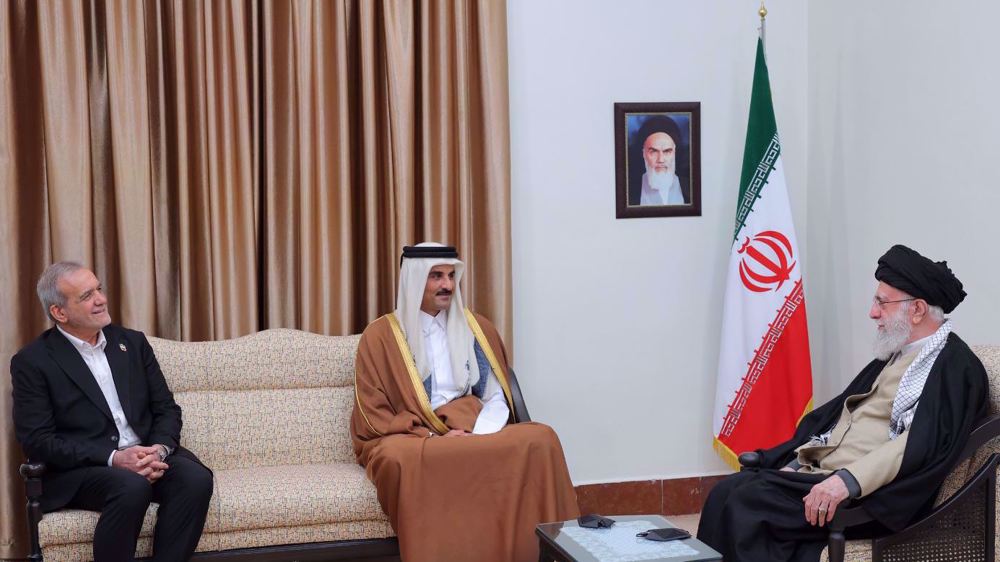
Leader puts premium on boosting ties with neighbors in meeting with Qatari Emir
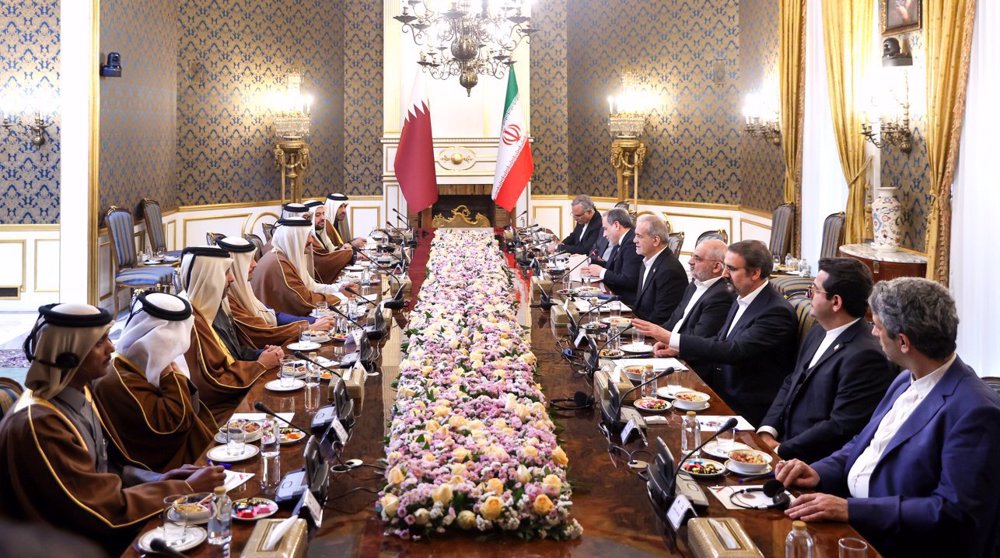
President Pezeshkian: Iran, Qatar opening new avenues for cooperation
IRGC: Nasrallah funeral ‘global resonance of resistance’; Hezbollah resolute to dismantle Israel
VIDEO | Pakistanis attend mass funeral for martyred Hezbollah leaders
Hamas condemns escalation as Israel deploys tanks into West Bank for first time in decades
Iran Army’s hovercrafts fitted with advanced long-range missiles: Navy chief
VIDEO | Pro-Palestine protesters in Madrid call for end to Israeli crimes
VIDEO | Tehran commemorates martyred Hezbollah leader
VIDEO | Press TV's news headlines
VIDEO | Iranian military's 'Zolfaqar' exercises continue in full swing


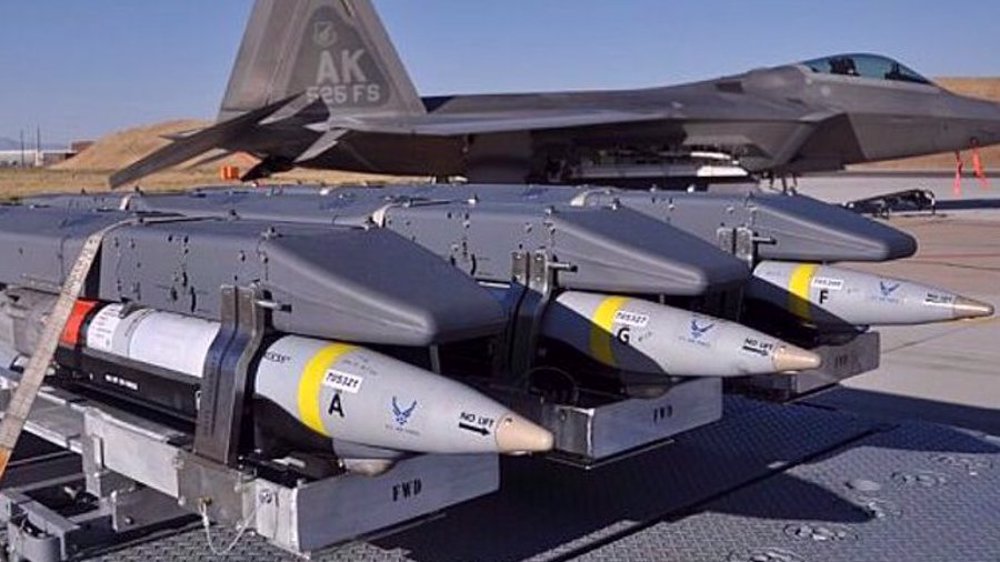
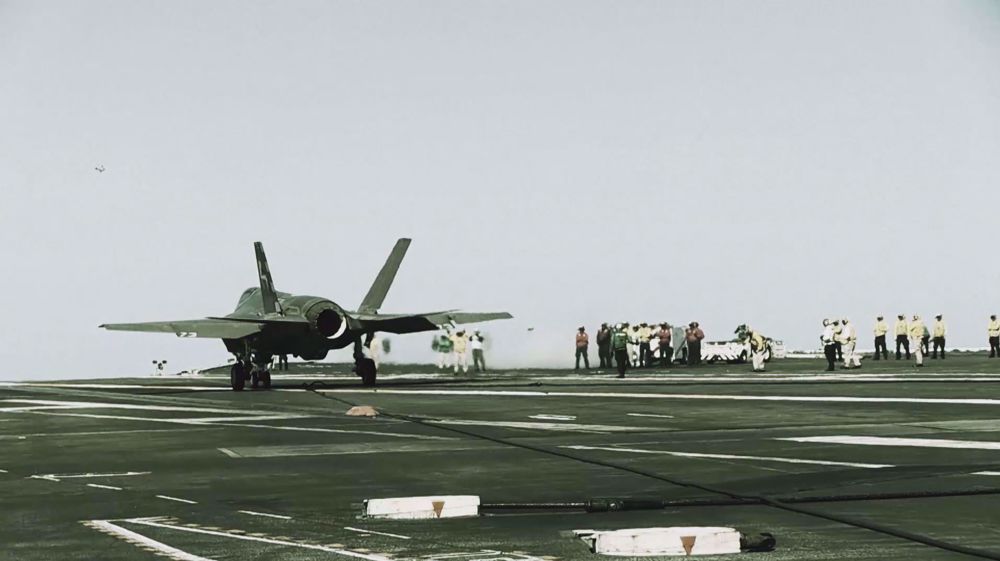



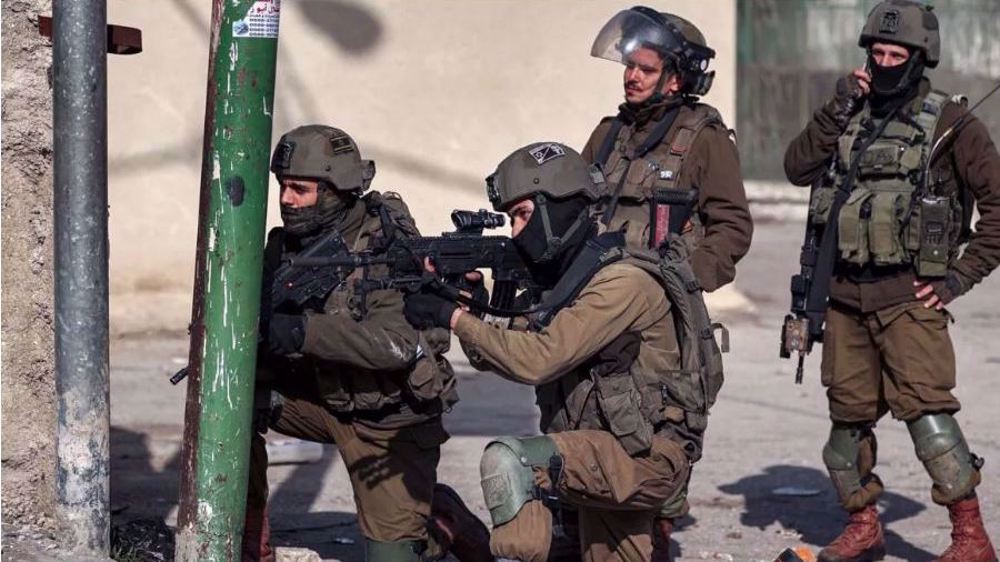


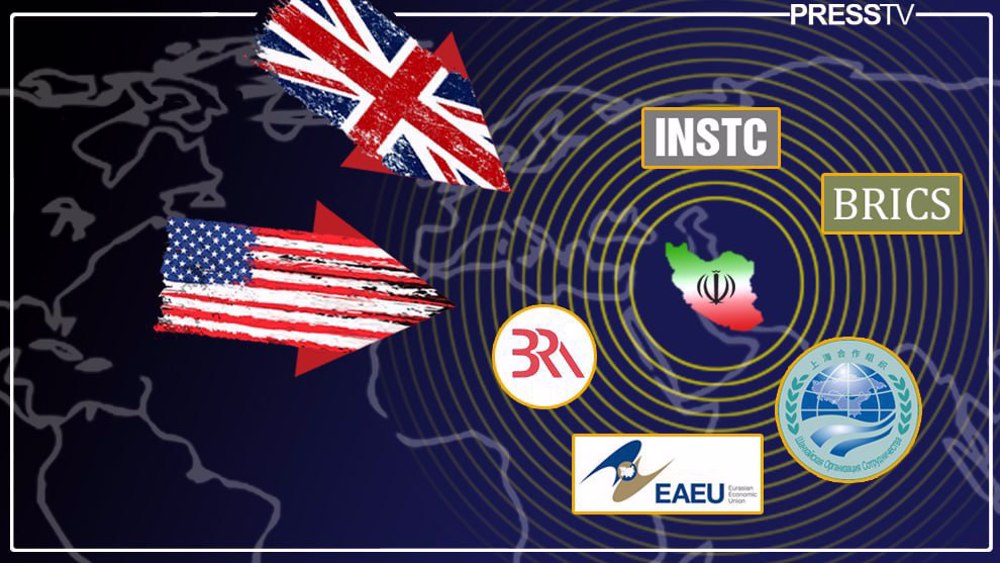

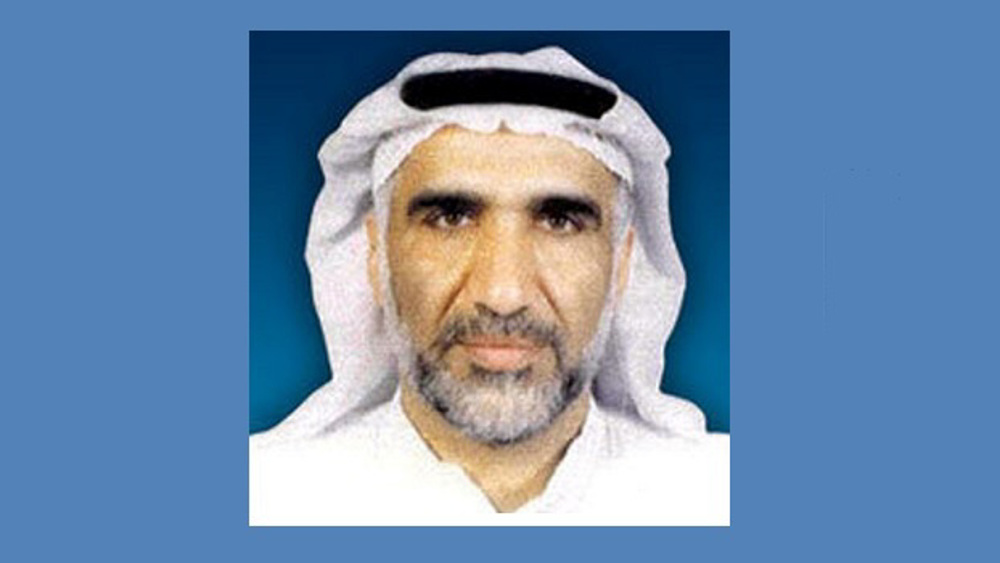
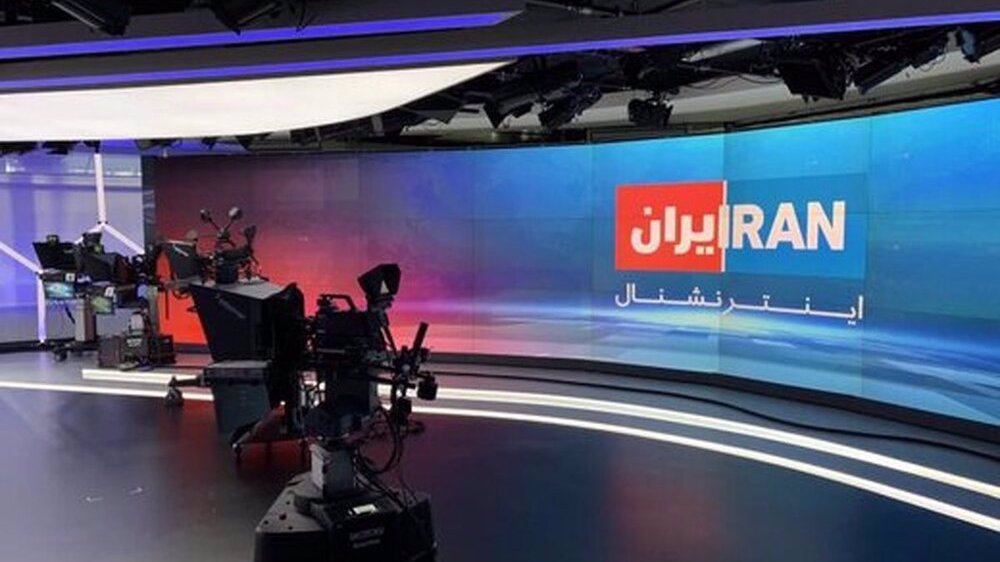
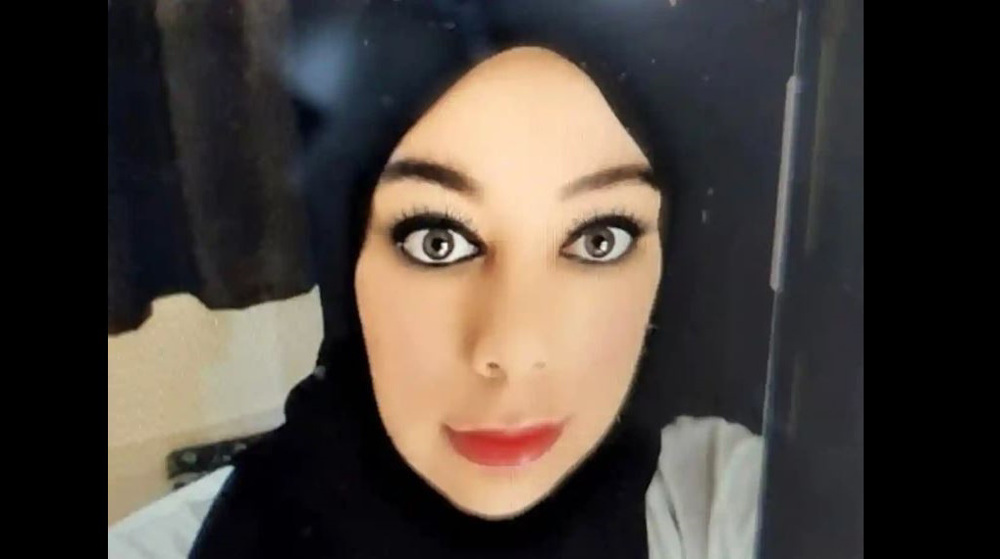
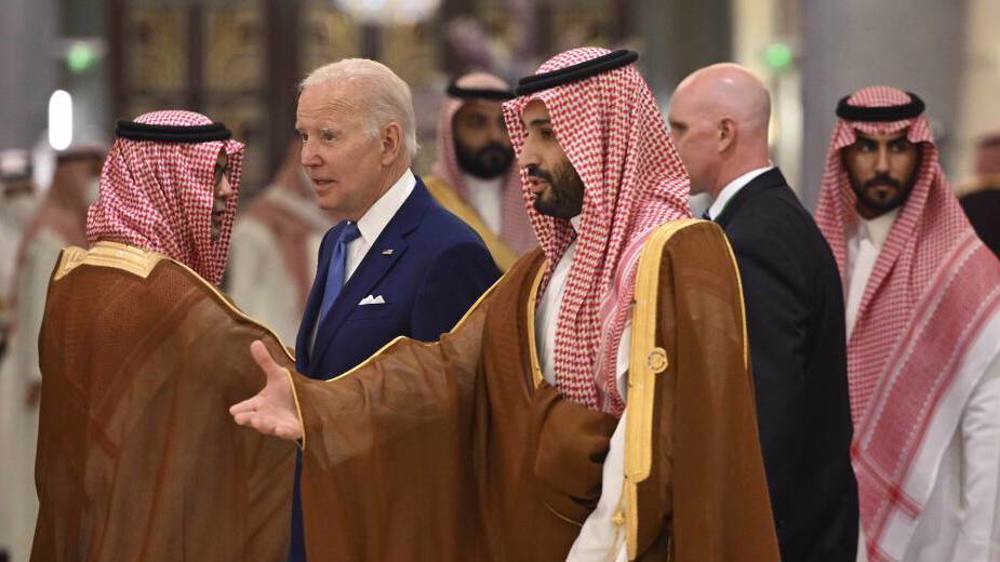
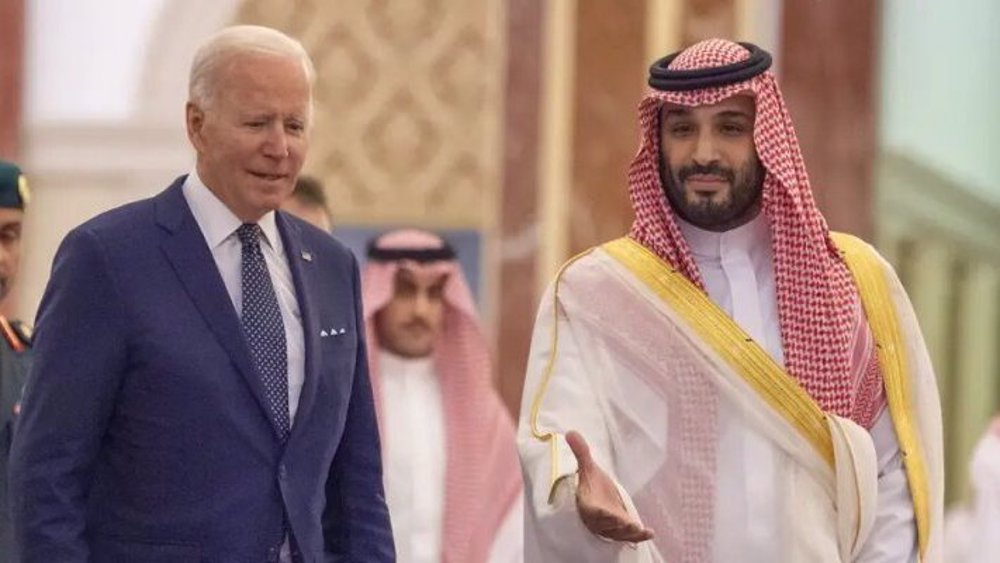

 This makes it easy to access the Press TV website
This makes it easy to access the Press TV website